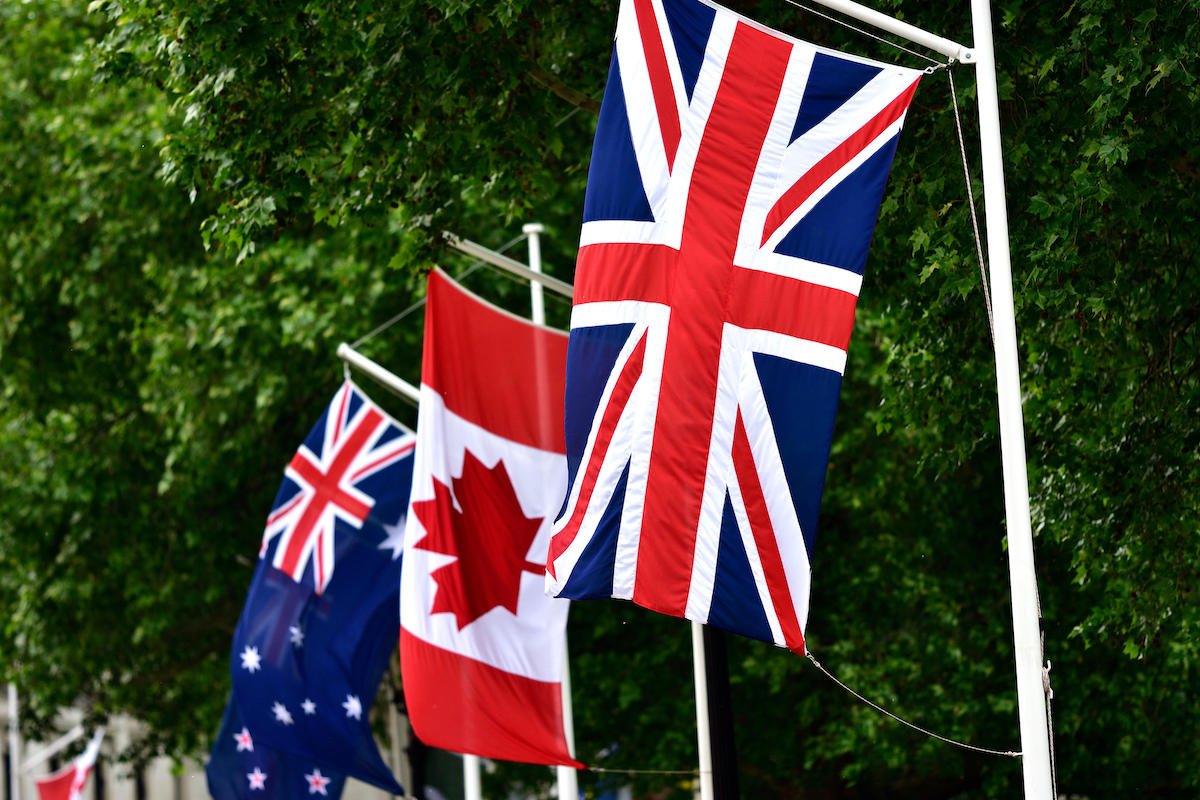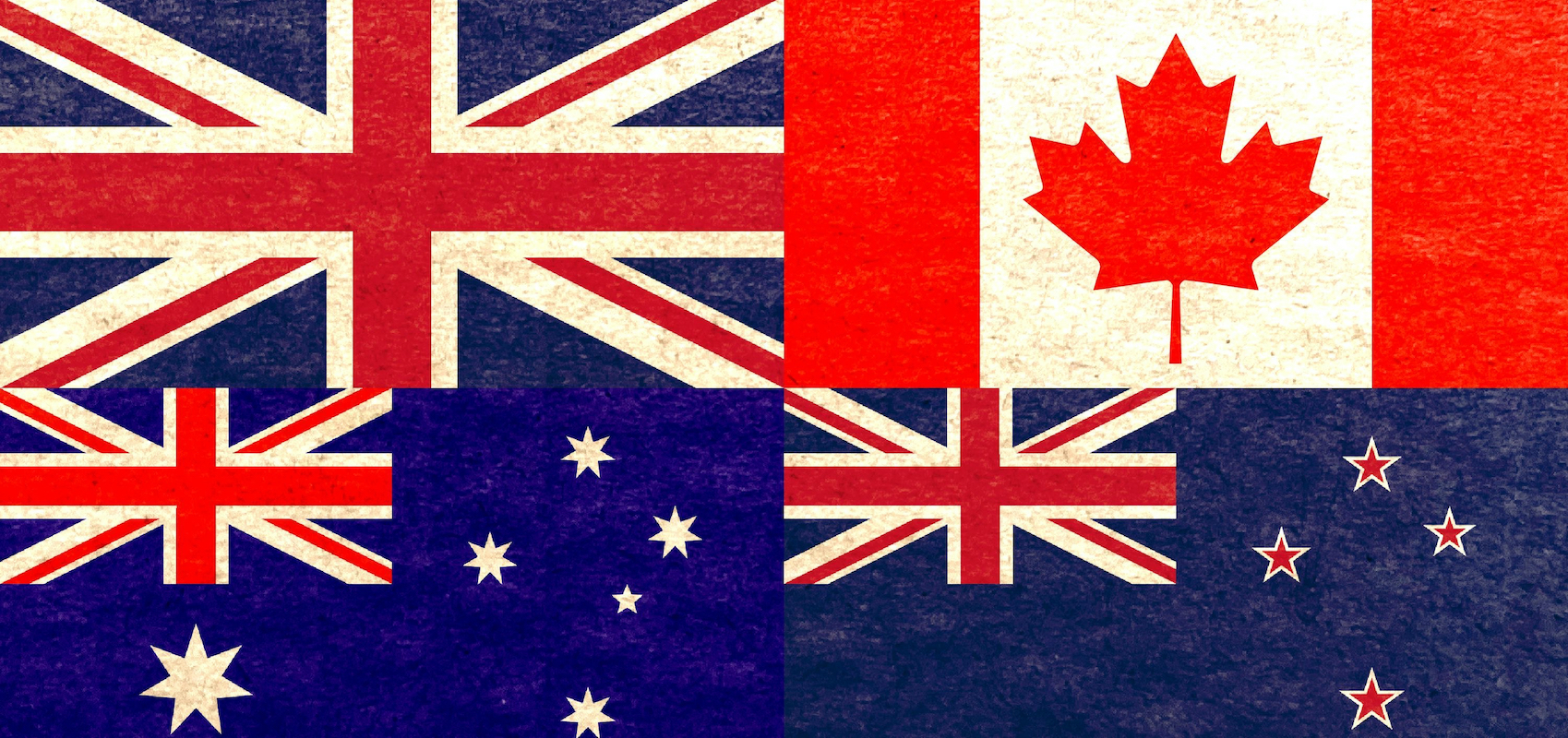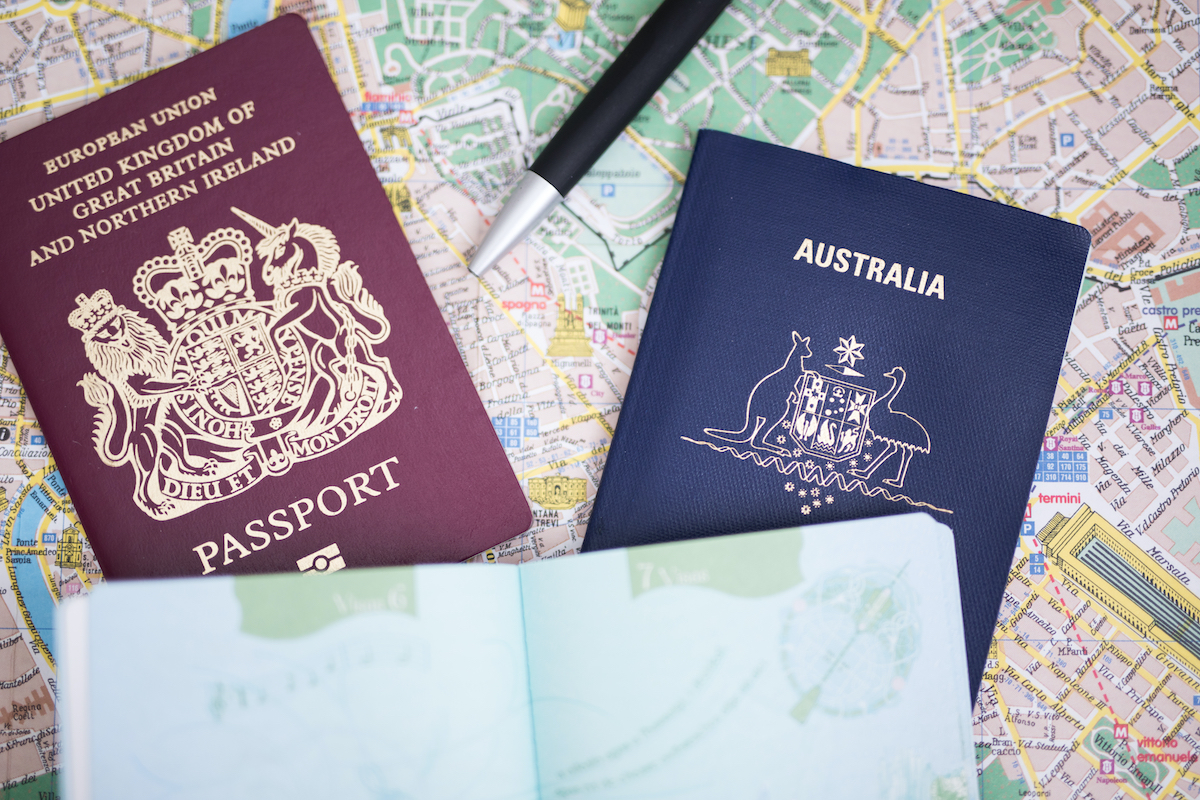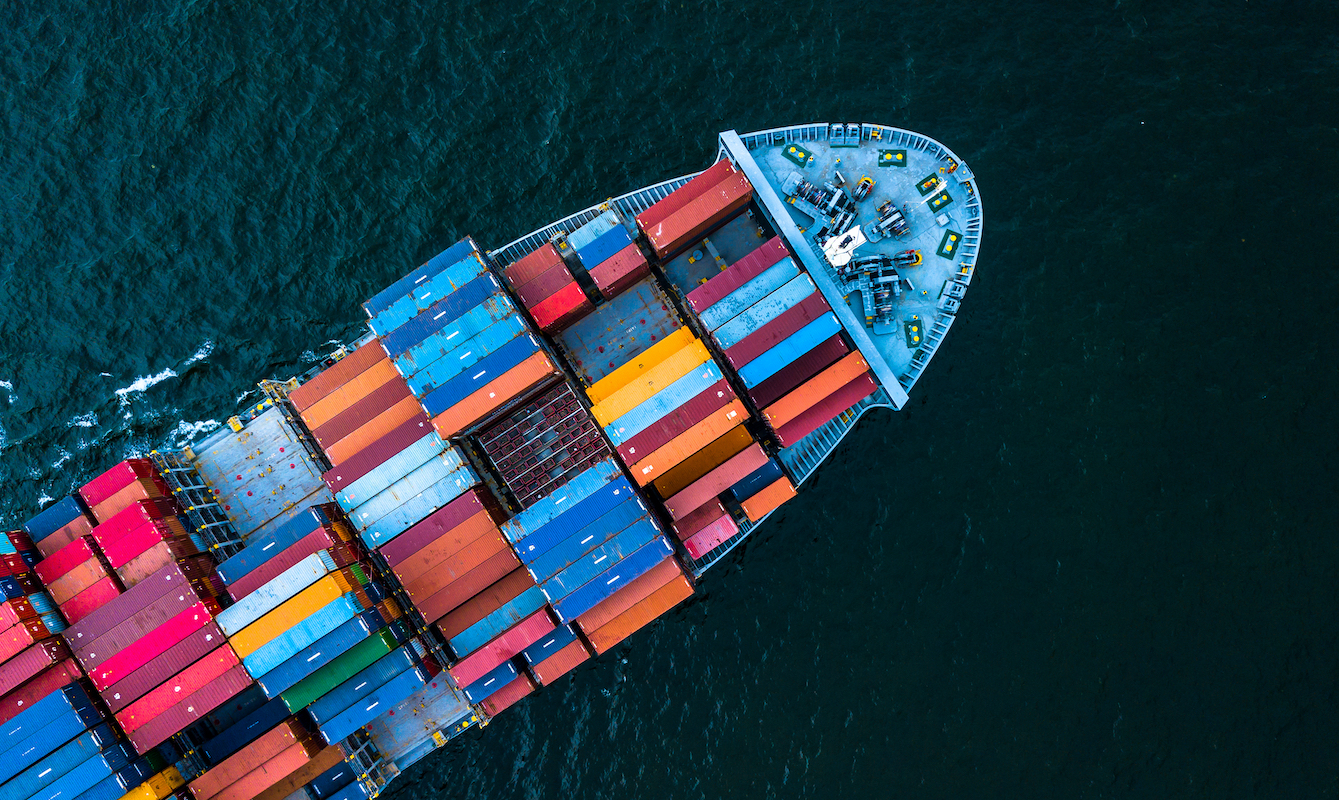This website uses cookies so that we can provide you with the best user experience possible. Cookie information is stored in your browser and performs functions such as recognising you when you return to our website and helping our team to understand which sections of the website you find most interesting and useful.
What is ‘Canzuk’ and what would it mean for the UK?
By Gabriel Power | 16 June 2021 | Culture, Travel
As Canada and the UK strengthen trade ties, could an Anglophone alliance with Australia and New Zealand flag the way forward post-Brexit?

As the UK ratified its post-Brexit agreement with Canada in March, and the two countries prepared to announce a new “enhanced” trade deal, many political commentators took note.
Trade between the United Kingdom and Canada is currently worth around £22.4bn each year and the new deal, according to the UK’s International Trade Secretary Liz Truss, will “take our trading relationship to new heights by starting negotiations on a new trade deal that will help us set the bar for 21st-century trade, bringing jobs opportunity, and prosperity for our people”.
Could this also be the beginning of a larger new economic and cultural alliance? To those with a keen ear, the halls of Parliament have been echoing with the term “Canzuk”, an acronym for a potential alliance comprising of Canada, Australia, New Zealand and the UK, to fill at least part of the hole left in Britain’s global trading strategy by Brexit.

The notion currently has support from policymakers within each of the proposed member nations – particularly Canada’s Conservative Party leader Erin O’Toole, who describes the union as a “top priority”.
Ostensibly, the key aims of Canzuk are to expand upon the historic cultural connections between the four Commonwealth countries by encouraging their governments to cement greater economic, political, trade and investment ties, as well as enforcing free movement between member states.
The new ratified trade deal between Canada and the UK alone is estimated to save around £42m on export tariffs including cars, beef, fish, chocolate and maple syrup. Meanwhile, Truss is in deep trade negotiations with New Zealand and Australia to add to the £200bn in global trade deals she and her department have been lining up in the wake of Brexit – negotiations that advocates Canzuk International suggest could “set a framework upon which Canzuk agreements can be built, including mutual skills recognition between the four countries and reciprocal migration arrangements”.

COMMON GROUND
To hear it from Canzuk activists, this new dawn in cultural diplomacy is a no-brainer. Like similar economic alliances, its main focus would most likely be stripping back tariffs on trade, leading to a substantial increase in travel, investment and cultural engagement between all nations involved.
Canzuk International notes that the four nations share a disproportionately large number of hallmarks including the “same respect for democracy, human rights and the rule of law, and the same westernised culture” – in addition to a common language, of course.
To them, these similarities can be felt across the distance between them – albeit perhaps through a nostalgic lens of Commonwealth ties – and, they say, could be the riposte to fears that the rise in populism could break the common ground valued by the West.
On the other hand, to suggest that Canada, Australia, New Zealand and the UK share a significant cultural identity beyond language in the modern age may seem reductive, particularly to the millions of speakers of other languages in each country. So, could Canzuk serve to celebrate and represent the differences each country exhibits, highlighting and potentially serving to amplify the voices of, say, indigenous populations in Australia and New Zealand or the French-speaking Quebecois in Canada?
Left-leaning supporters of Canzuk look to the example of New Zealand prime minister Jacinda Ardern, whose parliamentary record is an example of many firsts in the country’s politics. Last year she wrote of New Zealand’s ties with the UK in The Telegraph: “Our countries share common commitments, whether in relation to democracy, human rights, a rules based order, trade or preservation of peace and security. We are a natural partner on the key issues of our time.”

OCEANS APART
Another aspect to consider is that, when push comes to shove, entering a cross- continental trading bloc with member nations spread out across the globe could be a costly venture for all involved – and so the financials had better stack up, or Canzuk is sure to flatline on the floor of the Commons.
But, if formalised, there is little doubt that the agreement would create a formidable economic behemoth – representing 10% of the world’s wealth and affording its member countries considerably more clout on the world stage.
Furthermore, entering Canzuk would potentially grant the UK proxy access to the Comprehensive and Progressive Agreement for Trans-Pacific Partnership (CPTPP) – one of the largest free trade deals ever ratified. It could also signal a boom in holidays and business trips between the far- flung nations.
However, until terms can be fleshed out and proposals put forward, it seems likely that the four nations of Canzuk will continue to view the idea in cautious terms, at least until objections from both sides of the political aisle can be answered satisfactorily.
Until then, despite the power such an alliance might wield, Canzuk has oceans to cross.







